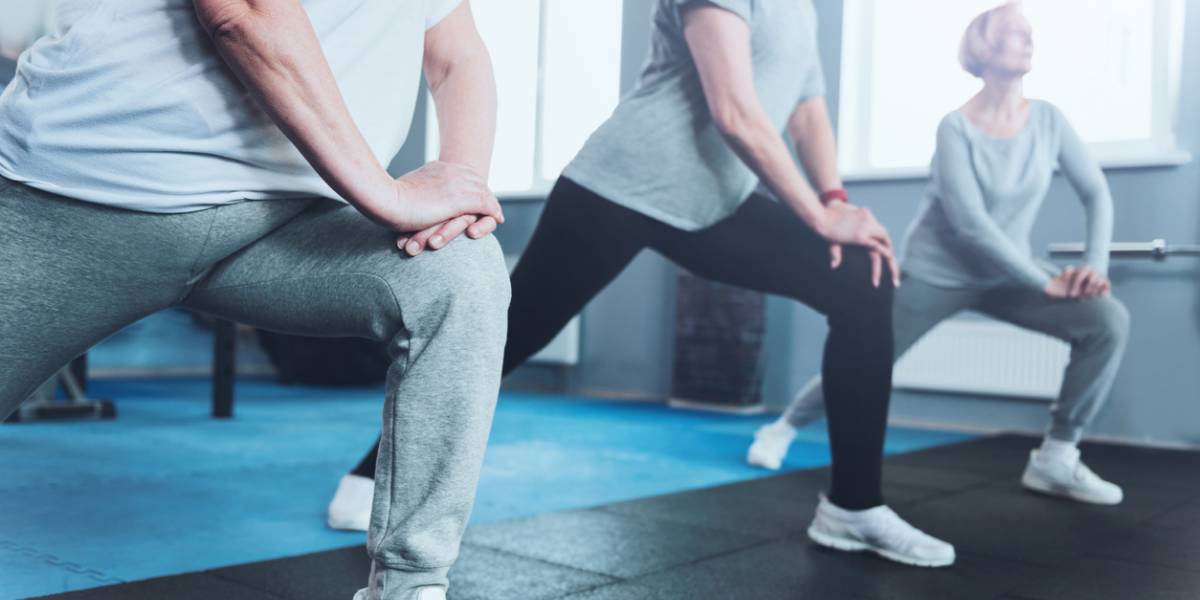Exercise programmes should be made available for people with anxiety issues, researchers have recommended after finding that physical activity can help to reduce symptoms of even chronic anxiety.
The Swedish study, the largest ever to look at the effectiveness of exercise on anxiety, involved 286 people, half of whom had lived with the condition for at least 10 years. Seventy per cent of the group were women and the average age was 39 years.
Participants took part in 12 weeks of either moderate or strenuous exercise sessions, while the control group was given advice on exercise according to public health recommendations.
The study’s first author Malin Henriksson, doctoral student at Sahlgrenska Academy at the University of Gothenburg and specialist in general medicine in the Halland Region, said: “There was a significant intensity trend for improvement – that is, the more intensely they exercised, the more their anxiety symptoms improved.”
For those who completed low intensity exercise, their chance of improving their symptoms rose by a factor of 3.62. This figure increased to 4.88 for those exercising at a higher intensity.
The programme was made up of hourly training sessions three times a week, including cardio and strength training.
Now the team behind the study has said that those with anxiety issues should have access to such programmes.
Corresponding author Maria Åberg, associate professor at the University of Gothenburg’s Sahlgrenska Academy and specialist in general medicine in Region Västra Götaland’s primary healthcare organisation, said: “Doctors in primary care need treatments that are individualised, have few side effects, and are easy to prescribe.
“The model involving 12 weeks of physical training, regardless of intensity, represents an effective treatment that should be made available in primary health care more often for people with anxiety issues.”
The study has been published in the Journal of Affective Disorders.







